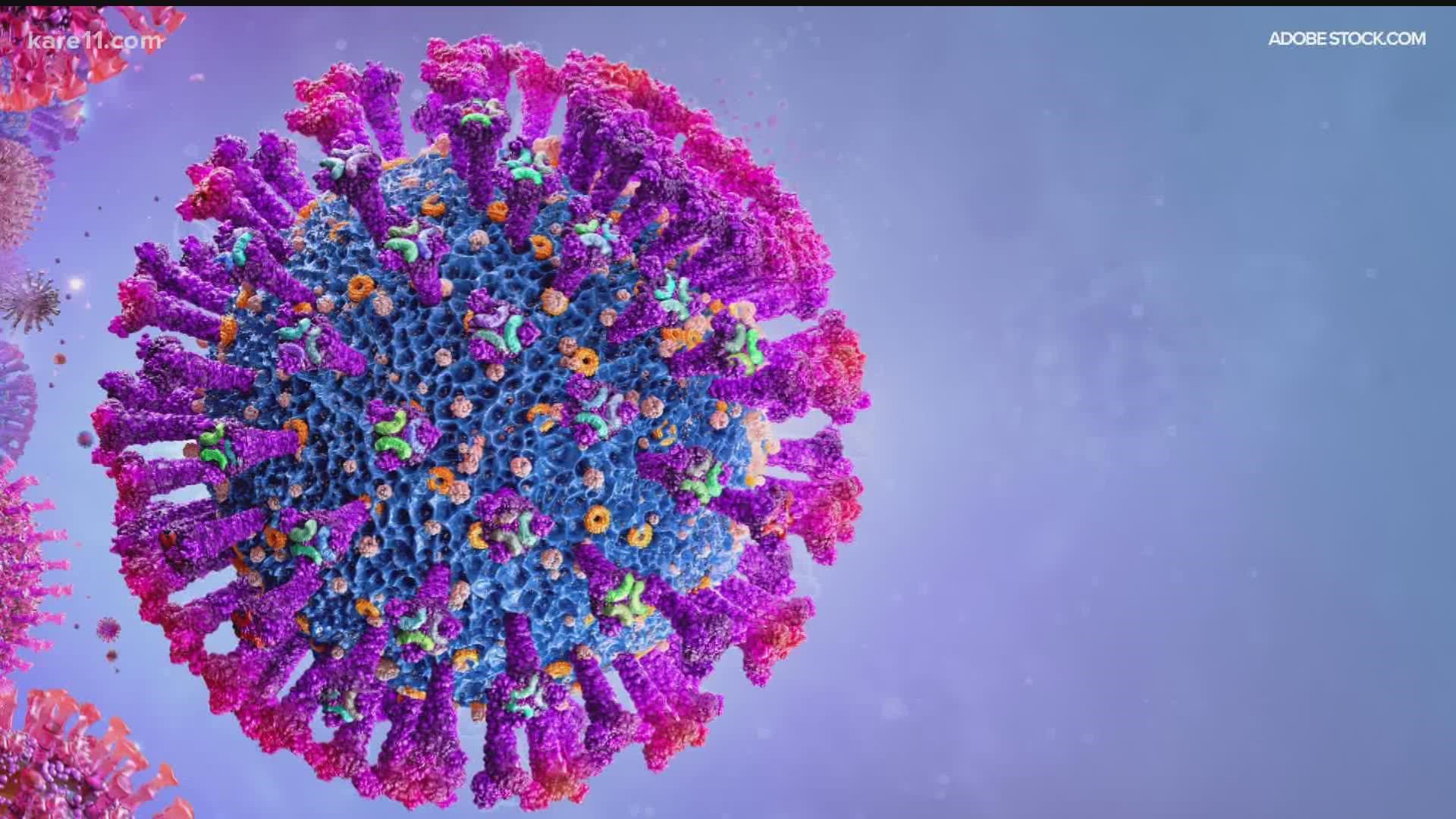ATLANTA — Just when we all hoped COVID was over, a new subvariant could be on the rise. BA2 is a mutation of omicron so it's not any more severe but it is still highly transmissible. Emory's Dr. Carlos Del Rio says BA2 should get our attention.
"This is the first reminder that COVID is not over. You may want it to be over, I may want it to be over, but the virus is not over," said Del Rio.
Del Rio says news that numbers are on the rise in Europe should be cause for concern here in the United States, even though most Americans have some protection.
"The number of Americans that have either been vaccinated or had natural infections is now at 73-75% but that still means there are 25-28% of Americans that have yet to be vaccinated or been infected--that's still a large amount of people," said Del Rio.
To put it in context for Georgia, let's take a look at our numbers over the last few months: In January, during the latest surge from omicron, we were seeing more than 21,000 new cases per day. Compare that to now when we are only seeing fewer than 1,000 new cases per day. That's a drop of more than 96%.
But while those numbers are low, wastewater testing suggests more COVID cases across the U.S. on the way.
The CDC has 698 sites that screen for COVID in wastewater, that comes out of showers, sinks and toilets. Around 40% of the sites with current data are now seeing an increase, including DeKalb County here in Georgia.
"Wastewater testing is a good strategy to find out about communities having an increase before you see cases- you see wastewater increase about 10 days to 2 weeks before you see new cases so it's a good indicator that something is happening in that community," said Del Rio
The City of Atlanta's Watershed Management Department is also testing for COVID in wastewater, working alongside Emory and Georgia Tech. That testing surveys neighborhoods like Mechanicsville, Pittsburgh and West End.
The City of Atlanta is expected to release a new study on their findings next month.

